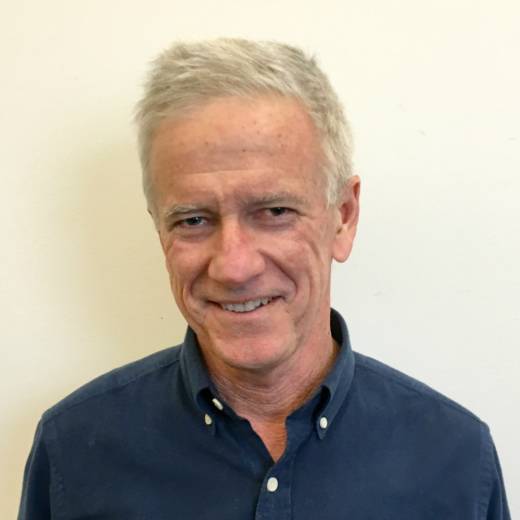Tech and wealth are transforming San Francisco, but, says Paul Staley, San Francisco has always been a city for sale.
Let’s imagine that this whole tech thing never happened - no smartphones, no laptops, no internet. Whatever was happening in the Santa Clara Valley in the '70s stayed in the Santa Clara Valley. And so our phones stayed at home, computers remained big cabinets of tubes and wires and the Valley was never renamed.
Clearly life everywhere would be different today. But let’s bring it closer to home. What would San Francisco be like without the influx of wealth and people that the tech boom has brought?
One way to imagine this hypothetical city is simply to take away all the changes one doesn’t like and add back all the things and people one misses. This is the wistful vision of those of us who mourn a city that has been lost. But it is also static; it recreates a city that once was, not the city that could have been.
Any dynamic city - and San Francisco has always been one - moves toward its future at some cost to its past. And San Francisco before tech had been moving in a certain direction for years.
